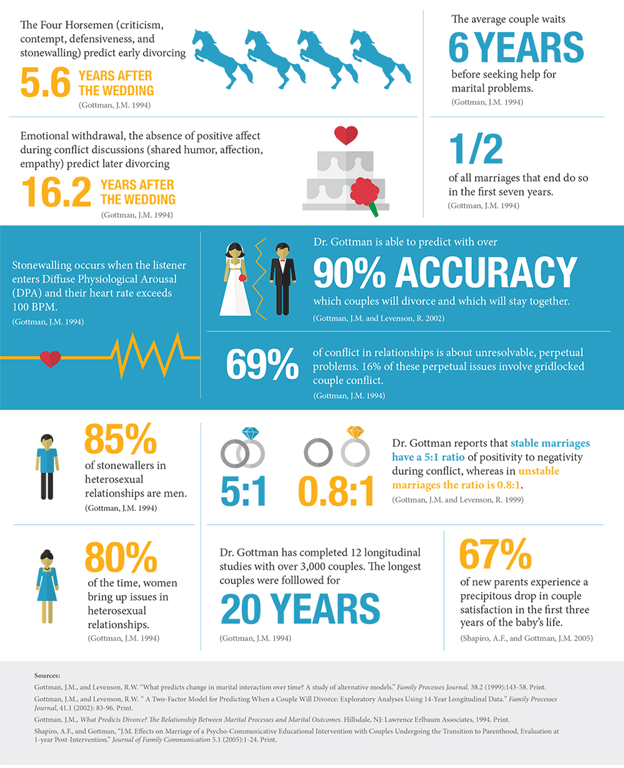Unknown Facts About Aim Point Counseling
Unknown Facts About Aim Point Counseling
Blog Article
The Ultimate Guide To Aim Point Counseling
Table of ContentsThe Best Strategy To Use For Aim Point CounselingAll about Aim Point CounselingNot known Factual Statements About Aim Point Counseling Not known Facts About Aim Point CounselingA Biased View of Aim Point CounselingAim Point Counseling Things To Know Before You Buy
The longitudinal design involves a pre-treatment study and 2 follow-up surveys at 3- and 12-months post-intervention. The research is established in 8 Relationships Australia Victoria centres, across cosmopolitan, outer suburban areas, and regional/rural websites. Relationships Australia, a non-government organisation, is the largest copyright of pair counselling and relationship solutions in Australia.
These high rates of connection breakdown have actually been consistently associated with adverse health repercussions for both adults and youngsters following divorce/separation.
The 15-Second Trick For Aim Point Counseling
The results of separation and separation can be destructive, research study indicates that high relationship disharmony in undamaged couples is also most likely to have unfavorable results.
Research to day has actually identified both couple and private factors that may add to connection discord. These include partnership contentment and commitment at the pair level, and anxiety at the specific degree.
Facts About Aim Point Counseling Uncovered
While many researches suggest improvements in partnership satisfaction complying with couple counselling, they are restricted by the examples and steps used, largely temporary follow-up time frames, and evaluations that do not account for the dyadic nature of pair data., is one more typically checked out relationship end result.
To summarise, research suggests that couple-specific variables in addition to private elements may anticipate the results of pair counselling and relationship services. The causal direction of these relationships, nevertheless, is much less clear. These observations are necessary, since, to justify and direct the application of connection solutions such as pair counselling, empirical proof needs to explore both the end results of relationship solutions and the aspects that forecast successful treatment.
Consequently, there is a growing agreement that effectiveness researches ought to be enhanced by effectiveness research study to best educate medical technique [ 29] The minimal performance research that exists to date recommends that couple counselling can enhance end results such as connection complete satisfaction [33,43], communication skills and basic well-being [44], at the very least in some European countries.

We currently understand little regarding the profiles of pairs that look for partnership education compared to those that seek partnership coaching, or the outcomes of these programs. Unscientific proof suggests that there may be substantial distress amongst at the very least some couples looking for relationship education and learning. Connection education and learning programs vary from couple counselling as they are generally very structured, carried out in groups, and focus on a blend of 4 elements; recognition, feedback, cognitive change, and skills training [45]
Aim Point Counseling - An Overview
Feedback includes individuals finishing questionnaires concerning their partnership (e.g. measures of social problems), and getting details on what their ratings show. Cognitive-behavioural methods advertise changing cognitions to promote positive partnerships.
These impacts have actually continued for as much as 4 years in some research studies [47] Nonetheless, these meta-analyses highlight constraints in the present literary works on partnership education. Specifically, the bulk of research studies entailed pairs from upper socio-economic histories that were not experiencing high connection dissonance [47,48] This read this post here sample profile may not represent customers that normally offer for connection education and learning.
All About Aim Point Counseling

Extremely little research has checked out the relative advantages of couple coaching and relationship education and learning programs. As clients are likely to self-select right into these solution kinds, it is not clear whether characteristic connection distress accounts present per service type, or certainly whether there is an interaction between providing profile, service type and outcome.
(https://myanimelist.net/profile/a1mpoint)
Thus, we have consisted of a 12-month follow-up to gauge longer-term fads and impacts. The study makes use of a number of standardized end result actions considering that some prior examinations have been criticised for their absence of standardised analysis [50] The use of statistical analyses that presume freedom of data, such as t-tests, or ANOVAs, has been prevalent in previous researches [ 44,49]
We recommend to make use of multi-level analytical modelling treatments that manage for the inter-dependence of pair information to evaluate any type of treatment results. The particular objectives of the ECC research are to: 1. Map accounts of customers seeking community agency-based pair therapy vs. partnership enhancement programs in terms of socio-demographic and connection signs (such as connection contentment, relationship commitment, social troubles, and reasons for going to), as well as wellness (such as clinical depression, general health and wellbeing) and health service usage (eg.
2. Determine whether pair counselling and relationship education and learning services boost 3- and twelve-month end results for relationship complete satisfaction, dedication, and anxiety, making use of analytical analyses ideal to combine information. 3. Determine the family member contributions of customer aspects (private and couple) and therapy/education variables to outcomes at 3- and 12-months, and to sustainability of results over time.
The Facts About Aim Point Counseling Uncovered
Multi-level modelling to establish pre-post differences, regulating for dyadic (couple) degree. To add to the literature examining the performance of community-based pair therapy.
Report this page